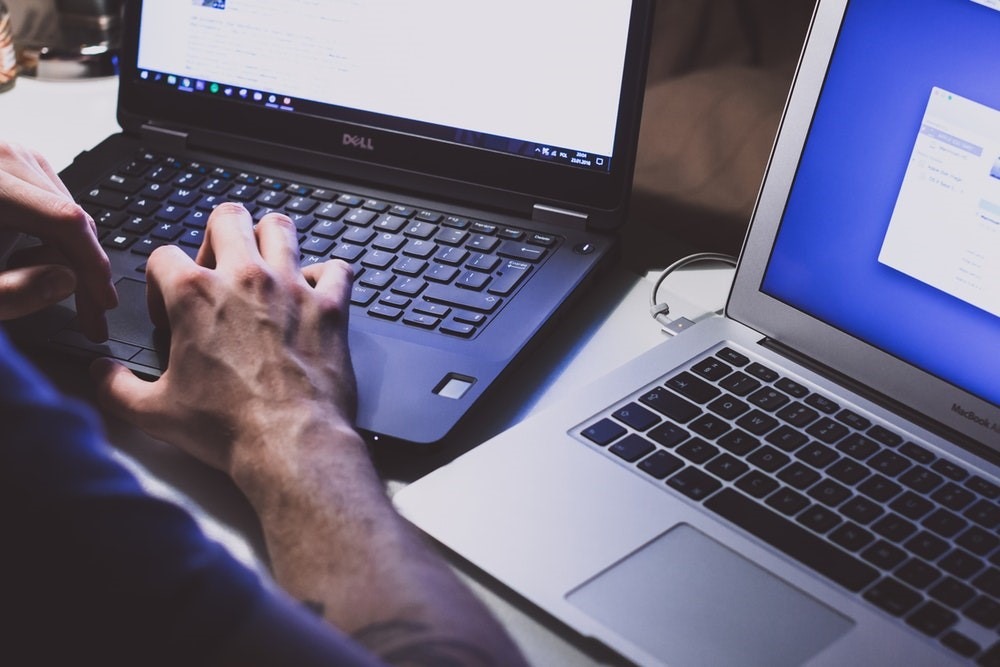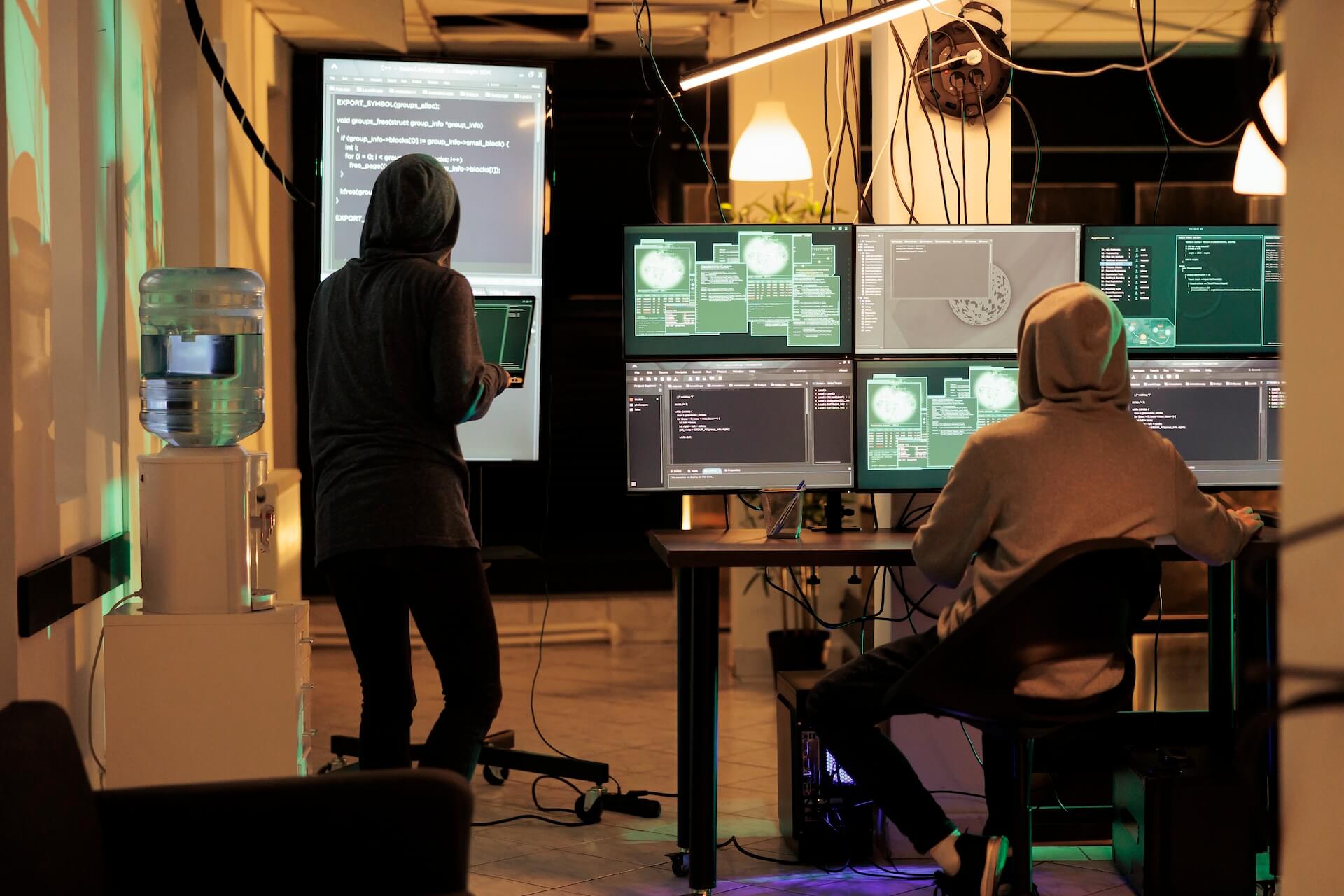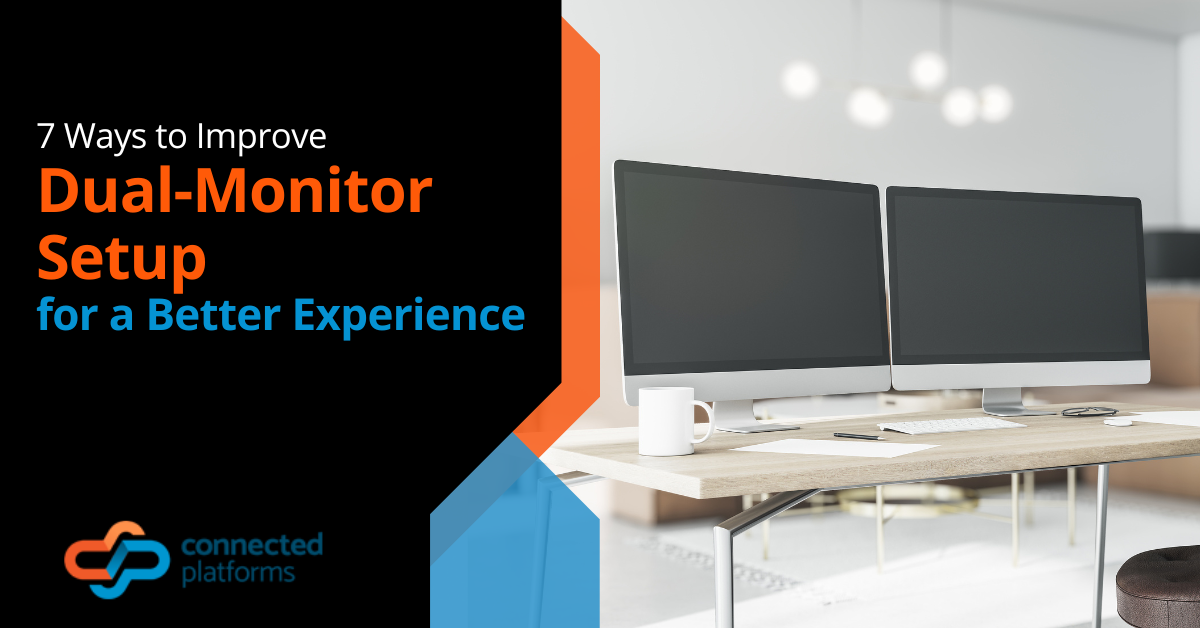Updated: Friday, 4 October 2019
Have you seen the two-factor identification request when you log into a new device? You might be asked to confirm a code which has been sent to your mobile device or enter a password on a different device.
This is what is known as two-factor identification, and it is a way that companies are seeking to secure your data and ensure that hacks are not taking place. We are big believers in staying safe from the get go rather than trying to recover lost data once a breach has occurred (not that you don’t need to worry about IT disaster recovery ; you do!) and we wanted to go over why two factor identification can be helpful.
Need support with your business IT services? Call us today on 1300 866 096 or get in touch with us online. We would love to answer any questions you might have about two factor identification (or anything else that is on your mind).
What is two factor identification?
It is a means of identifying you twice – once with a password, and once via your phone or another application. This kind of security means that in order to access your account, you need to have access to physical device as well as a password.
It’s a deeper level of security and is there to make passwords and data harder to crack. You might have heard of two step verification which is a similar means of identifying you, but it’s slightly less sophisticated.
Why is it important?
When was the last time you changed your password? If you don’t say ‘in the last three months’ then this is the reason why two factor identification is important. Passwords get outdated and can be weak and broken.
When two factor identification is used, it means that you have another level of security in place to protect your data. Two step identification means that you have a real line of defence in place to protect your data against hackers.
Can I implement two factor identification in my business?
It can be helpful to use two factor identification in your business – especially when it comes to password storage or keeping data safe. Plenty of password managers offer two factor identification – especially products like LastPass and 1Password which require a ‘master password’ to access passwords.
Some password managers will also call two factor identification multi-factor identification; it’s all the same thing: you need to put information in twice to ensure that your access is secure.
Can two factor identification be hacked?
The bottom line is that nothing is immune from hackers. While we do everything that we can to protect your business and ensure that it’s safe, hackers will always work out a way to try and compromise your business and your data. That said, it is very difficult to hack two factor identification owing to the requirement to have a device or a separate code for access.
Some sophisticated hacks might include a fake website where you’re tricked into handing over your two factor identification information; or your software might be compromised and feed the data to an external source. But this is less about password access and more about data security; a matter for managed IT services and antivirus protection which Connected Platforms can assist you with.
Want more advice or help?
We can help with setting up two factor identification in your business and work with you to ensure that your business is safe from threats and attacks. Get the peace of mind you need knowing that your information is secure. Work with us at Connected Platforms for exceptional managed IT services!
Call us today on 1300 866 096 or get in touch with us online. We are here to ensure your business is secure.




